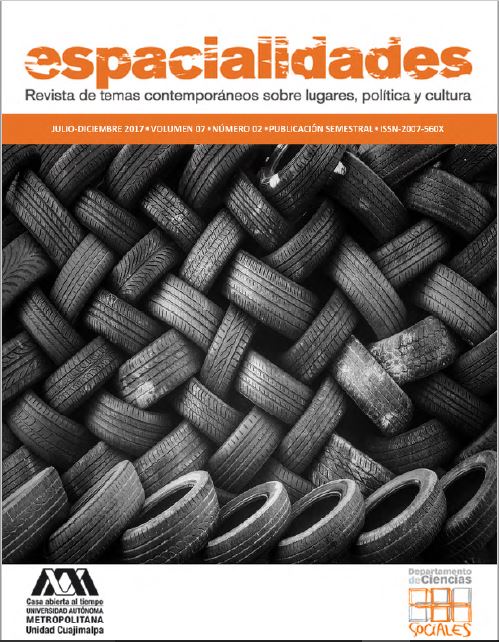The Structure of Political Opportunities and Urban Social Movements in the Autonomous City of Buenos Aires (2007-2015)
Main Article Content
Abstract
The arrival of the Republican Proposal Party (pro) to the government on December 2007 opened a period of deep neoliberal politics in the Autonomous City of Buenos Aires. Is on this context of mercantile politics within the urban space and the decay of living conditions —such as the lack of funding, low budget, and fragmentation of the city’s housing politics— that we ask which were the possibilities that existed for the mobi-lization, the struggle for access, and the permanence of popular sectors in the city of Buenos Aires. With this objective, we interviewed the political leaders of twelve social movements that favor housing and the city (social housing, urbanization, cooperative housing, evictions, homeless people, rent, etc.) to explore the social and structural con-ditions that made it difficult or easy for the city’s mobilizations and struggles. We found that these organizations characterize this period in terms of regression, obstacles, and treats to the mobilization. To understand this context we use the concept of structure of political opportunities and we identify four elements in this structure that discouraged mobilization throughout the period: a) the fragmentation and segregation of the fight scope for the city; b) the difficulties to construct wider organizational foundations; c)repression of protests and social control of the opposition and d) the “collective subject” issue and the difficulties to construct spaces of militancy for the city.

